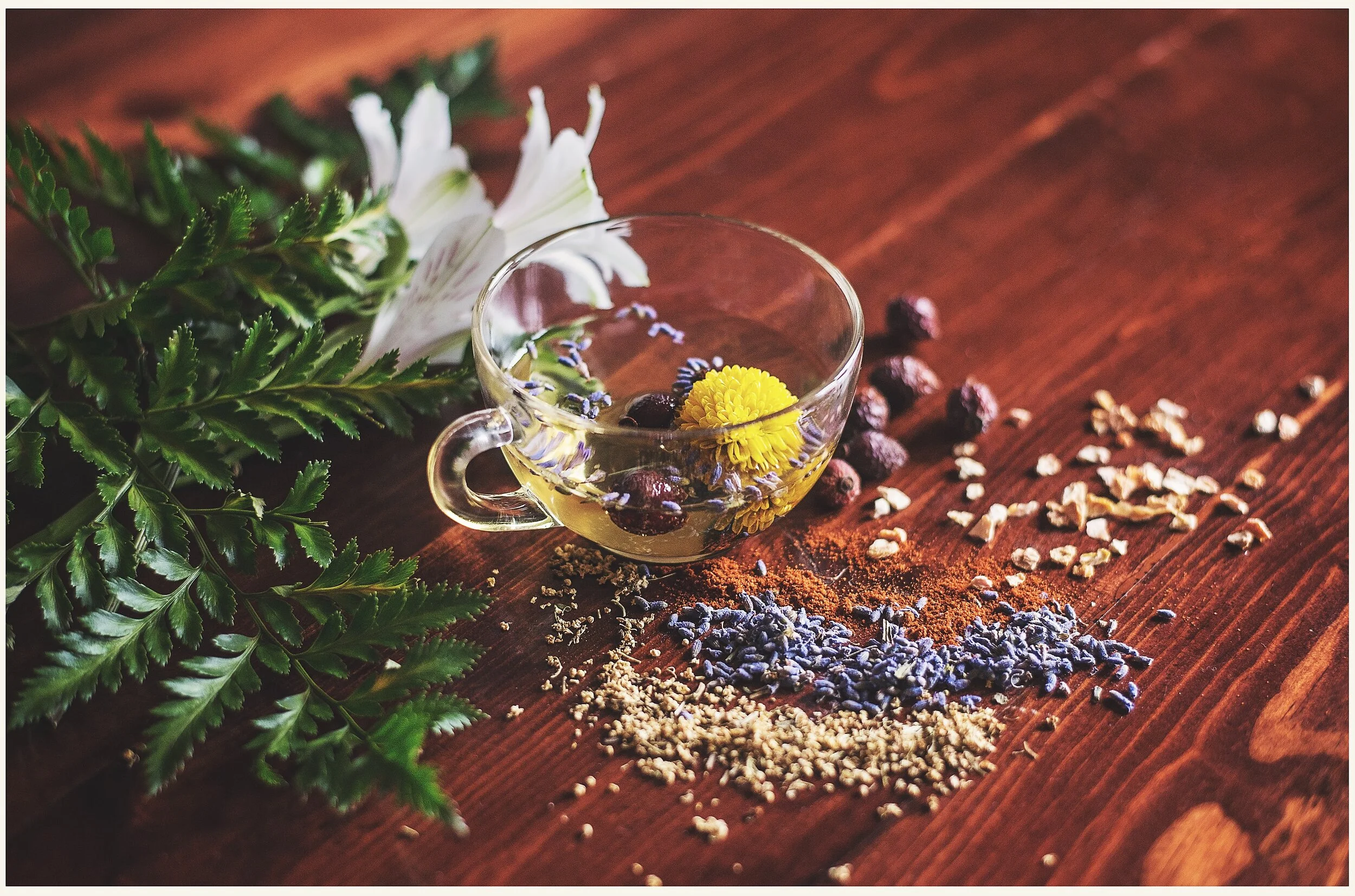After the warm summer months this year, it’s hard to believe the upcoming months will be mainly dark skies and cold. To ensure we remain feeling energized and vibrant, regardless of the weather, it’s important that we make some small adjustments to our lifestyle.
Health Tips For Vata Constitution
General Health Tips
Maintain regular habits, try to eat and sleep at the same time every night. Get enough rest and choose foods that are warm, cooked, nourishing, and easy to digest. Sweet berries, fruits, small beans, rice, and all nuts and dairy products are good choices for Vata types. Exercise intensity should be moderate. A more meditative yoga, Tai chi, walking, and swimming are all good. Avoid strenuous and frantic activities.
Exercise
Vata recommended classes at The Conscious Club
Calming and grounding yoga poses are ideal (root your feet into the ground, reducing anxiety and stress).
Avoid : Fast-paced Vinyasas or flow sequences can aggravate Vata, which is prone to anxiety, overexertion, and fatigue.
We recommend the following type of classes:
Yin / Yang Yoga
Traditional Hatha Yoga
Meditation Monday
Yin Yoga
Lu Jong Tibetan Healing Yoga
Tai Chi
Qi Gong
Morning Flow
Slow Flow
Events:
The Zen Special: Yin Yoga & Yoga Nidra
Yin & Chakra Journey
Deep Restorative Sessions
Sound Journey
Kirtan: The Sound of Yoga
Ayurvedic Lifestyle Class
Meditation & Music
Sacred Cacao Ceremony
Hip Opener Series
Food
Vata is cool, dry, rough and light. Foods that neutralize these qualities are foods that are warm, moist, oily, smooth, and nourishing and can help to balance excess Vata. This section offers a closer look at the qualities of various foods. An improved understanding of these qualities can guide you in making specific dietary choices that will better support Vata:
Favour warm over cold
Favour moist and oily over dry
Favour grounding, nourishing and stabilising over light.
Favour smooth over rough (raw)
Tastes to Favour and Avoid
Emphasize: sweet, sour and salty
Minimize: pungent (spicy, hot), bitter and astringent (flavour of dryness)
How to Eat
When it comes to reducing Vata, how we eat may be just as important as what we eat. Vata is deeply soothed when we choose to eat in peaceful environment. An environment where we can offer our full attention to the food we’re eating. Routine itself balances Vata, so the practice of eating three square meals per day (at about the same time each day) further reduces Vata and helps to strengthen delicate digestion.
What to eat
Ayurvedic food combining
Careful food combining can improve the quality of digestion, support the body in receiving a deeper level of nourishment, and positively impact our overall health. The Ayurvedic perspective is that each food has a distinct combination of tastes and energies – and a corresponding affect on both the digestive system and on the body as a whole. Combining foods with radically different energetics can overwhelm the digestive fire and can cause indigestion, fermentation, gas, bloating, and the creation of toxin
Notice which foods you combine that may be difficult to digest together, and how often you indulge in them. Become aware of how you feel afterwards. Do these choices affect your energy level, your digestion, your elimination, the coating on your tongue? Are particular combinations more noticeably influential than others? These are all important pieces of information.
When to Eat
Breakfast is a very important meal when Vata is elevated. After an overnight fast, Vata needs real nourishment and a hearty breakfast is generally very stabilizing.
Lunch is the main meal of the day, meaning it’s the largest and the most nourishing of the three. Hearty grains, steamed and sautéed vegetables, appropriate breads, soups and stews are excellent foods for lunch. This is also the best time to enjoy a small salad, if you must have one.
Dinner is ideally smaller and lighter than lunch. But to soothe Vata, it needs to offer adequate nourishment. Soups, stews, or a smaller serving are good choices.
Vata Constitution
Vata Constitution
Vata Dosha - Vata, which relates to Prana or life-energy as a whole, is the moving force that keeps everything in the body circulating and working. It's the energy that controls bodily functions associated with motion, including blood circulation, breathing, blinking, and your heartbeat. Vata moves forward in a propulsive motion, making us active and on the go. We must deal with Vata first and make sure that our lives are moving in the right direction.
Dosha In balance: There is creativity and vitality.
Dosha Out of balance: Can produce fear and anxiety.
Characteristics of Vata mind/body type:
Creative
Quick to learn and grasp new knowledge, but also quick to forget
Slender
Tall and a fast-walker
Tendency toward cold hands and feet, discomfort in cold climates
Excitable, lively, fun personality
Changeable moods
Irregular daily routine
High energy in short bursts
Tendency to tire easily and to overexert
Full of joy and enthusiasm when in balance
Responds to stress with fear, worry, and anxiety, especially when out of balance
Tendency to act on impulse
Often have racing, disjointed thoughts
Generally have dry skin and dry hair and don't perspire much
Dosha Out of Balance:
Worried
Tired, yet can't relax, Fatigue, poor stamina
Nervous, Can't concentrate
Anxious, fearful
Agitated mind
Impatient, Antsy or hyperactive
Spaced out
Self-defeating
Shy, insecure, Restless
Cannot make decisions
Weight loss, under weight
Insomnia; wake up at night and can't go back to sleep
Generalized aches, sharp pains, Arthritis, stiff and painful joints
Agitated movement
Very sensitive to cold
Nail biting
Rough, flaky skin, Chapped lips
Fainting spells
Heart palpitations
Constipation, Intestinal bloating, gas, Belching, hiccups
Dry, sore throat, Dry eyes
















